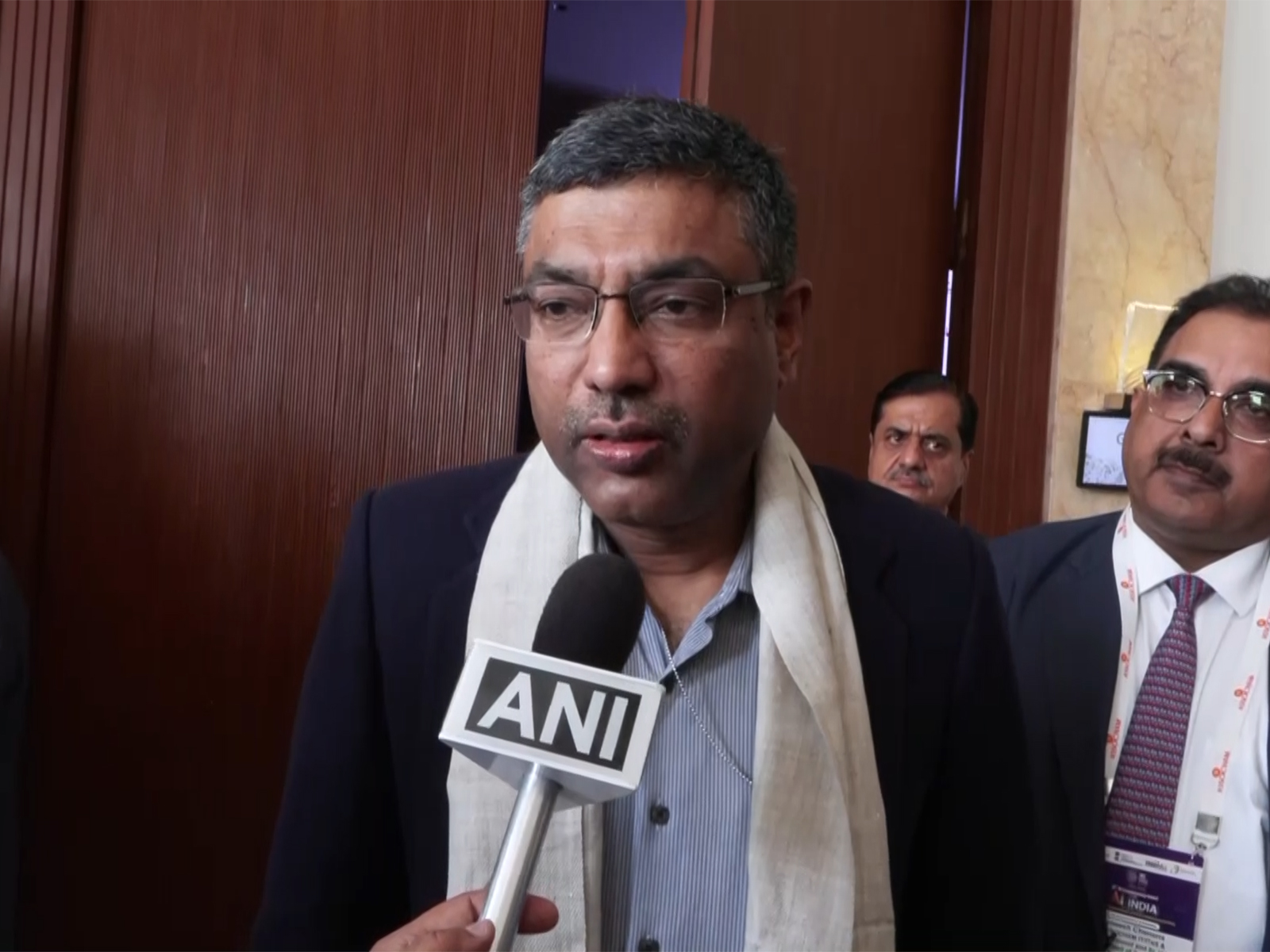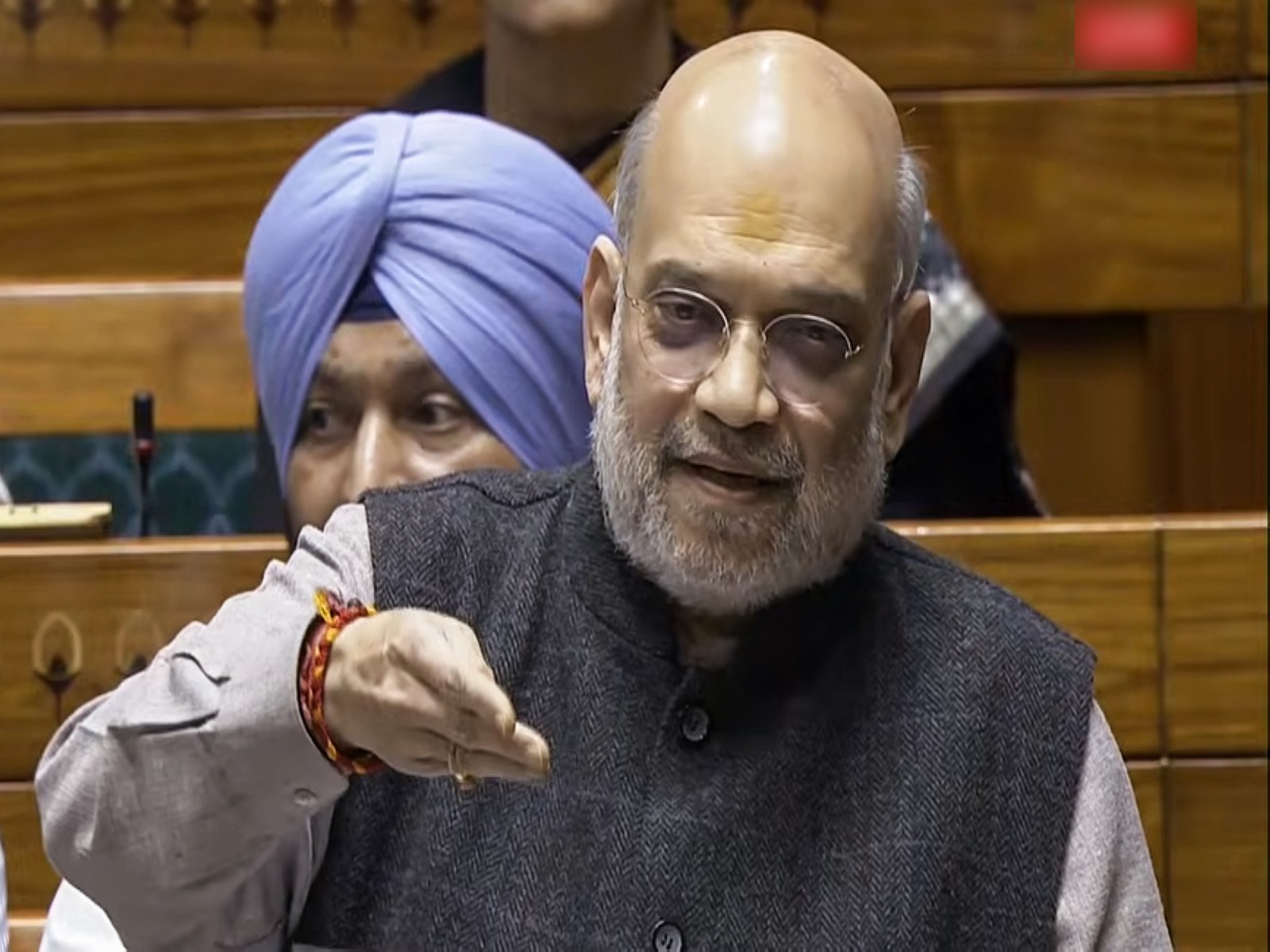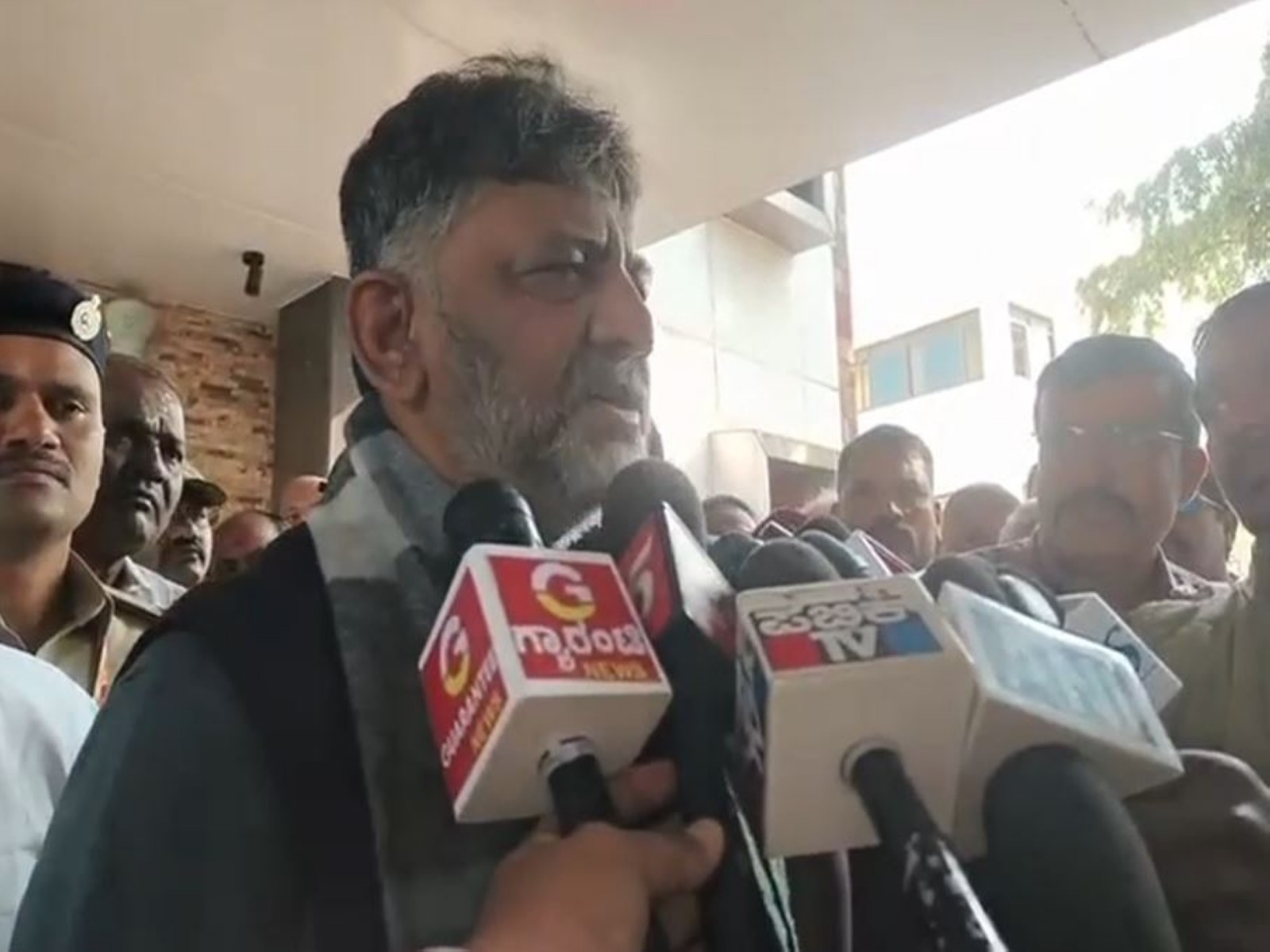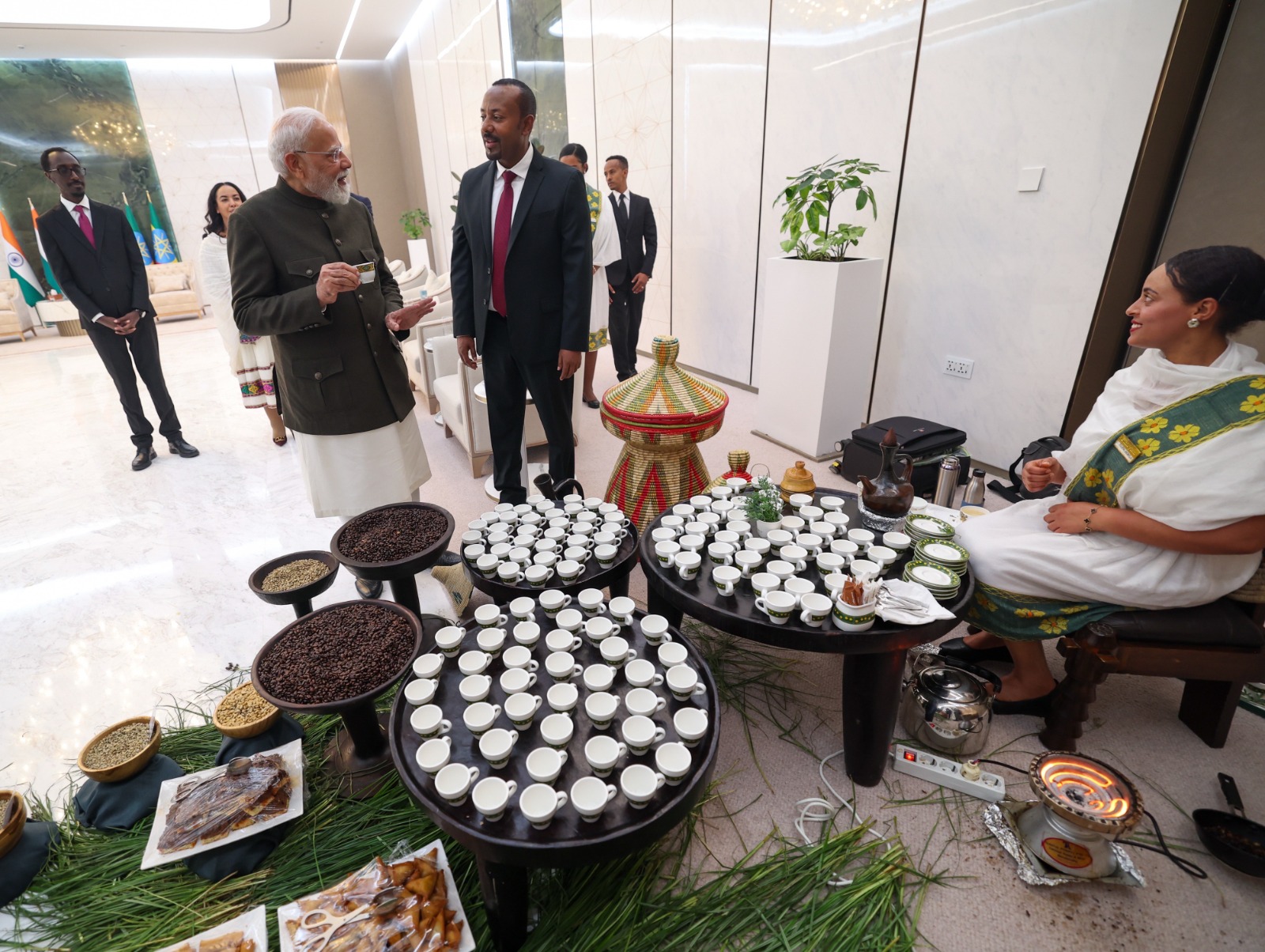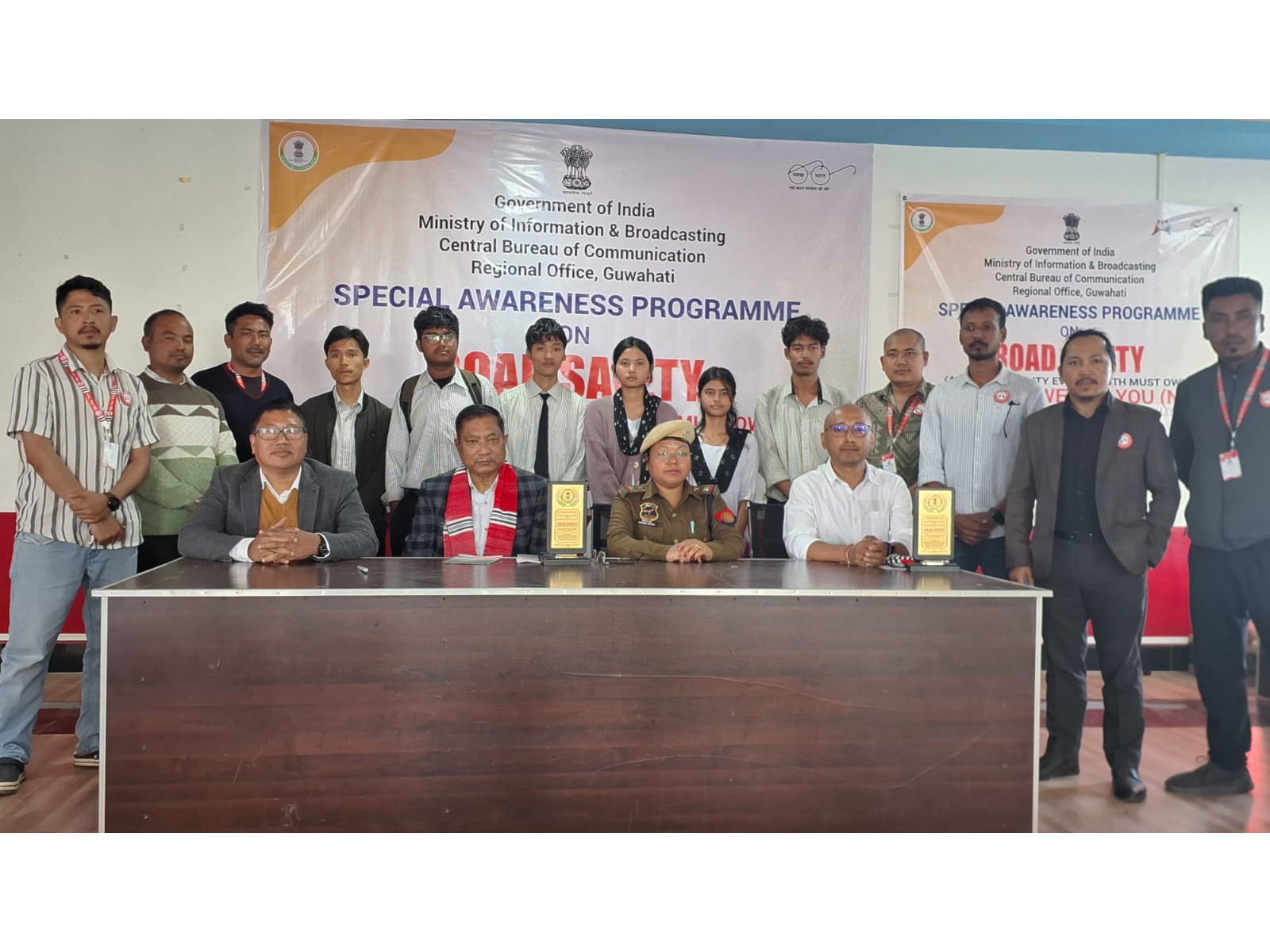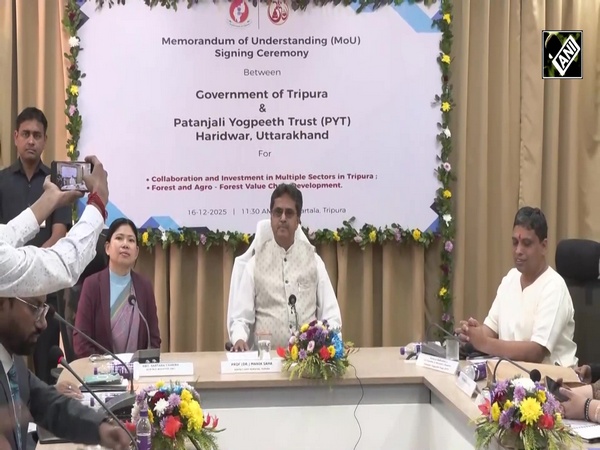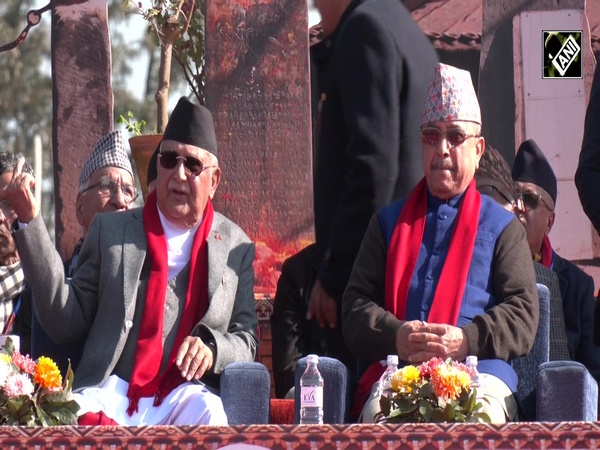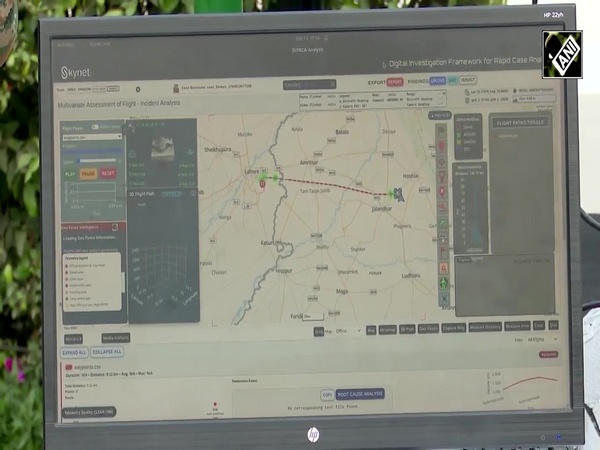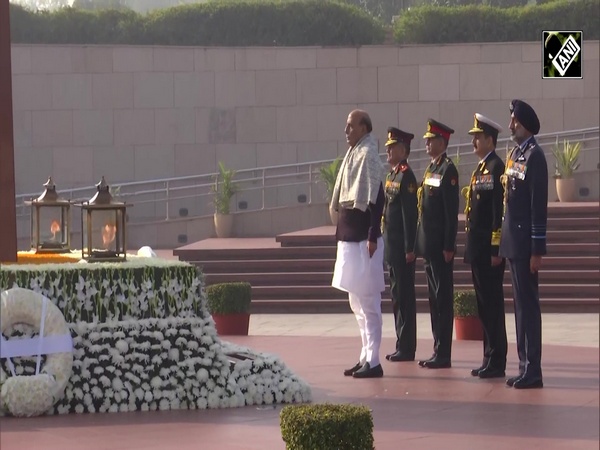22 countries opened special bank accounts in India to trade in Rupee: Minister
Jul 21, 2023

New Delhi [India], July 21 : Banks from 22 countries have opened special Rupee vostro accounts in Indian banks in order to trade in local currency as part of gradual de-dollarisation plans, the Parliament was informed on Friday.
Simply put, vostro accounts enable domestic banks to provide international banking services clients who have global banking needs.
In a written reply in Lok Sabha, Union Minister of State (External Affairs) Rajkumar Ranjan Singh listed out the names of the countries. They include Belarus, Botswana, Fiji, Germany, Guyana, Israel, Kenya, Malaysia, Mauritius, Myanmar, New Zealand, Oman, Russia, Seychelles, Singapore, Sri Lanka, Tanzania, Uganda, Bangladesh, Maldives, Kazakhstan and United Kingdom.
“Government is engaged with Indian trading community including the Small and Medium Enterprises (SMEs) to simplify the administrative procedures to implement this mechanism,” the minister said.
The Reserve Bank of India last year put in place an arrangement, allowing transactions in domestic currencies to promote growth of global trade with emphasis on exports from India and to bring in increasing interest towards rupee.
The internationalisation of the rupee gathered steam following the Reserve Bank of India's (RBI) announcement of a mechanism to settle payments for international trade in rupees, especially for India's exports. The RBI allowed invoicing and payments for international trade in Indian Rupee on July 11, 2022.
Experts widely believe if the mechanism fructifies then it may go a long way in internationalizing the Indian currency rupee in the long run.
A currency can be termed "international" if it is widely accepted worldwide as a medium of exchange.
To examine issues related to internationalisation of INR and suggest a way forward, the RBI had constituted an Inter-Departmental Group (IDG) in December 2021.
The panel has recently come up with a report, where it made various short-term and long-term recommendations.
In the short-run, the members of the Group recommended enabling rupee as an additional settlement currency in existing multilateral mechanisms; integrating Indian payment systems with other countries for cross-border transactions; inclusion of G-Secs (or government bonds) in global bond indices; and providing equitable incentives to exporters for rupee trade settlement.
In the long-run, its recommendations included a review of taxes on Masala bonds (Masala bonds are rupee-denominated bonds issued outside India by Indian entities); international use of Real Time Gross Settlement (RTGS) for cross-border trade transactions; examining taxation issues in financial markets to harmonise tax regimes of India and other financial centers; and allowing banking services in rupee outside India through off-shore branches of Indian banks.
Stating India as one of the fastest-growing countries which showed remarkable resilience even in the face of major headwinds, the IDG said it feels that the rupee has the potential to become an internationalised currency.
